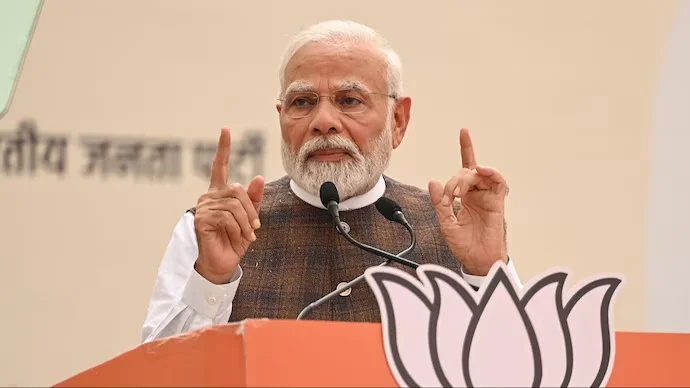‘Historic step’: PM Modi hails completion of Genome India Project; what is it?

NEW DELHI: Prime Minister Narendra Modi on Thursday lauded the completion of the ambitious Genome India Project, calling it a “historic step in the world of research.” Addressing the nation via video message, he said, “Five years ago, the Genome India Project was approved. Despite the challenges posed by Covid-19, our scientists have completed the project.” The initiative, involving over 20 leading research institutions, has culminated in the sequencing of 10,000 genomes, with the data now available at the Indian Biological Data Centre.
PM Modi discussed the significance of this achievement in advancing biotechnology, stating, “Genome India Project is an important milestone of the biotechnology revolution. We have been successful in creating a diverse genetic resource. This data will help scholars and scientists understand India’s genetic landscape.” He expressed confidence that the project would revolutionise public health, enabling targeted clinical interventions and precision medicine.
Highlighting the broader impact, he noted India’s bioeconomy had grown exponentially, from $10 billion in 2014 to over $150 billion today. He linked the project to India’s evolving role as a global pharma hub, adding, “The world is looking to India for solutions to global problems.”
What is Genome India?
GenomeIndia is a national initiative launched in January 2020 and funded by the department of biotechnology. It aims to decode the genetic diversity of India’s population through largescale genome sequencing. Key highlights of the project include:
- Genome sequencing of 10,000 individuals: The project successfully sequenced genomes of 10,074 samples, covering 99 ethnic groups.
- Creation of a genetic database: Data is securely stored at the Indian Biological Data Centre and will serve as a reference for researchers.
- Genetic insights for public health: The study revealed unique genetic variations, some with clinical significance, paving the way for precision medicine.
- Sample collection milestones: Over 19,000 blood samples have been collected, exceeding the initial target, and stored in the GenomeIndia Biobank for future research.
- Phase 1 analysis: Detailed quality checks and joint genotyping of 5,750 samples have uncovered rare genetic variations unique to Indian populations.




